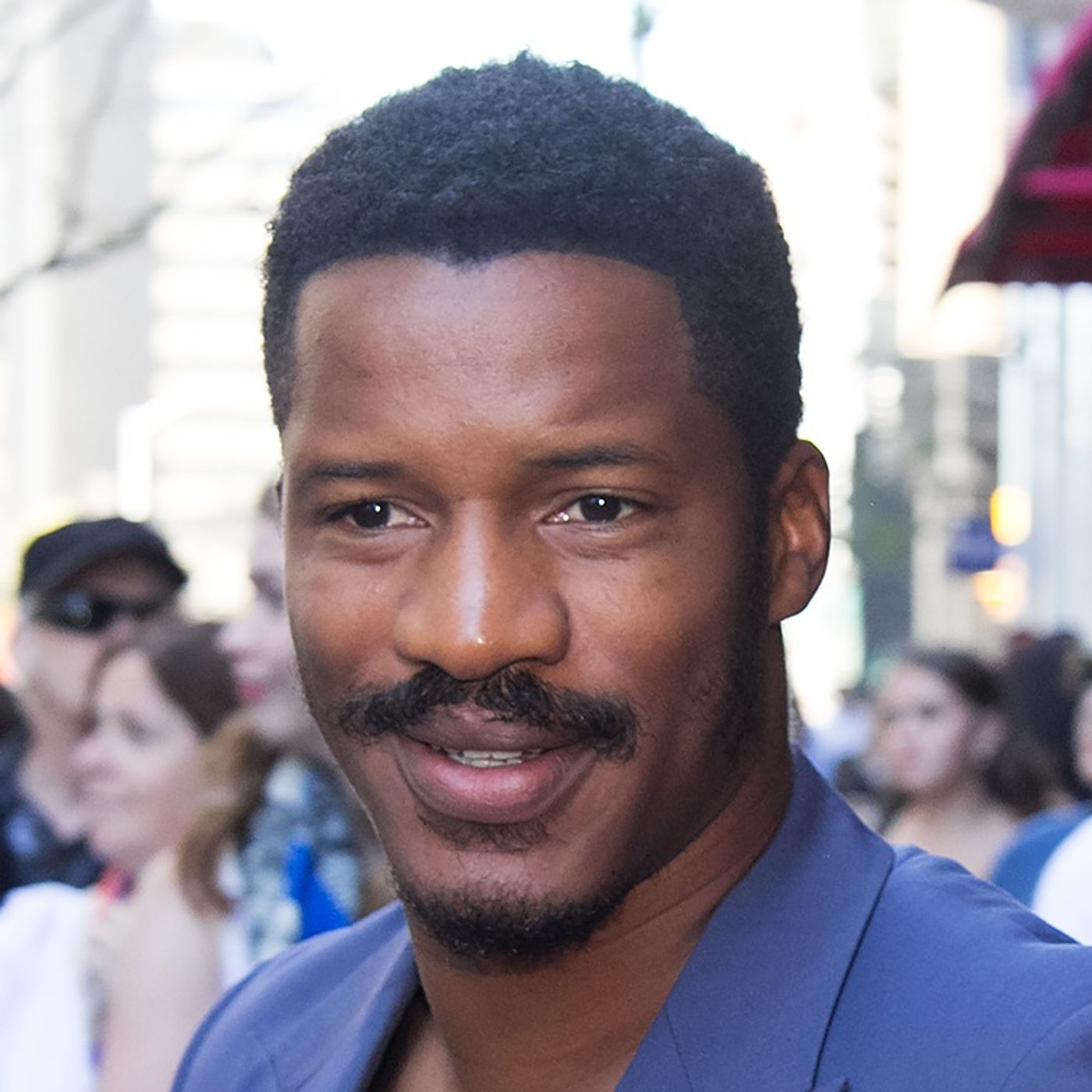Listen "The Power of Drumming 10:4:25 12.44 PM"
Episode Synopsis
Intro by: Gail NoblesCover Illus. By Gail NoblesStory by; Gail NoblesYou’re listening to Drum Epic. Today’s topic is ‘ The Power of Drumming’. Welcome, everyone. Today, we're going to explore a touching and important part of history that shows the strength and creativity of enslaved Africans in the United States. When we think about how enslaved people communicated, we might imagine whispers or secret meetings. But one of the most significant ways they communicated was through music, especially with drums.To enslaved individuals, drums were more than just instruments; they were essential for survival, a link to their cultural roots, and a key way to send messages. These "talking drums" could mimic human speech, enabling people to share messages over long distances on plantations. Enslaved Africans used complex rhythms that reflected their native languages to communicate, organize, and sometimes even plan rebellions.Slave owners were very afraid of this power that drums represented. They understood how threatening these instruments could be, so many tried to control or ban them. This fear led to laws like South Carolina's slave code of 1740, which forbade drums and group gatherings among enslaved people. The code aimed to prevent any potential uprisings and maintain control over the enslaved population.Interestingly, while drums were banned, other types of music were still allowed. This situation shows how people found ways to keep their culture alive even while facing oppression. Enslaved Africans adapted and blended other instruments, like fiddles and flutes, with their traditions, creating new music forms that connected to their heritage.Through spirituals, work songs, and chants, the enslaved expressed their struggles, hopes, and desire for freedom, even without drums. Every note and lyric became a form of resistance, affirming their humanity and linking them to their ancestors.Even with the laws against them, the spirit of drumming didn’t disappear. Enslaved Africans continued to incorporate drumming into their rituals and celebrations, often against the rules. This cultural strength paved the way for future generations, influencing genres like jazz, blues, and hip-hop that we enjoy today.As we reflect on this history, let's celebrate the resourcefulness of those who resisted their circumstances, not just for freedom, but to preserve their identity and culture. So, when we listen to music today, let’s remember the drums that once "spoke" and the stories of hope and defiance they carried through time.Thank you for joining me today. You’re listening to Drum Epic. I’m your host, Gail Nobles.News, Culture, and Entertainment
More episodes of the podcast The EbonLiner
Tyler Owens 11:19:25 1.18 PM
19/11/2025
The Ethiopian Jews 11:6:25 1.53 PM
06/11/2025
Will Owens 10:29:25 6.19 PM
29/10/2025
King Asa & the Ethiopians 10:28:25 10.06 AM
28/10/2025
Azumah Nelson 10:25:25 8.21 PM
26/10/2025
The Motorbike Logo Design 10:25:25 1.51 PM
25/10/2025
The Harlem Rens 10:23:25 3.01 PM
23/10/2025
Ebedmelech 10:22:25 3.33 PM
22/10/2025
 ZARZA We are Zarza, the prestigious firm behind major projects in information technology.
ZARZA We are Zarza, the prestigious firm behind major projects in information technology.
